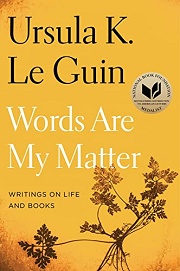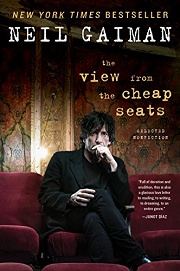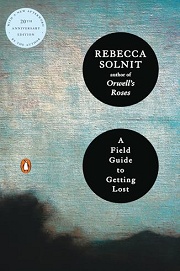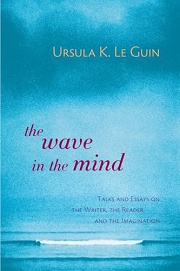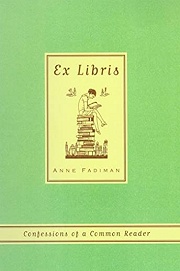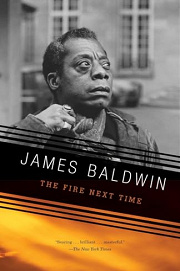Share your thoughts in a quick Shelf Talk!
Words Are My Matter by Ursula K. Le Guin
Ursula K. Le Guin invites readers into a life of words—fierce, playful, and profoundly humane. Words Are My Matter gathers essays, talks, and reviews that illuminate the art of writing, the responsibility of imagination, and the quiet power of paying attention.
Have you read this book? Share what you liked (or didn’t), and we’ll use your answers to recommend your next favorite read!
Love Words Are My Matter but not sure what to read next?
These picks are popular with readers who enjoyed this book. Complete a quick Shelf Talk to get recommendations made just for you! Warning: possible spoilers for Words Are My Matter below.
In Words Are My Matter, did you enjoy ...
... wry, clear-eyed speeches and essays championing libraries, imagination, and the writer’s duty?
The View from the Cheap Seats by Neil Gaiman
If you loved the sly bite and generosity of Le Guin’s 2014 National Book Awards speech in Words Are My Matter—her defense of artistic freedom against mere commodification—you’ll appreciate Gaiman’s addresses on why stories matter, why libraries are civic lifeblood, and how readers and writers sustain a culture. Like Le Guin’s playful but pointed pieces on the dignity of imaginative fiction, these essays blend warmth and mischief with a sharp moral core.
... meditative, idea-rich essays that wander from art and place to uncertainty and meaning?
A Field Guide to Getting Lost by Rebecca Solnit
Le Guin’s reflections on what stories are for—and her insistence that wandering the unknown expands our moral and creative horizons—find a kindred spirit in Solnit’s luminous essays. Where Words Are My Matter teases out why we read and imagine, A Field Guide to Getting Lost turns getting lost into a philosophy of attention, inviting you to inhabit uncertainty with the same intellectual curiosity Le Guin models.
... incisive craft talks and literary meditations delivered with humane clarity?
The Wave in the Mind by Ursula K. Le Guin
If the pleasure for you in Words Are My Matter was the brainy spark—the way Le Guin dissects sentences, voice, and the ethics of art—this earlier collection goes even deeper. You’ll get craft talks that pair practical insight with big ideas, the same principled, playful mind at work, and the same candor you admired in her award speech and defenses of imaginative literature.
... short, companionable bookish essays that celebrate the habits and joys of reading?
Ex Libris: Confessions of a Common Reader by Anne Fadiman
If you enjoyed the mosaic feel of Words Are My Matter—biting speeches alongside brief reviews and occasional pieces—Fadiman’s charming mini-essays will hit the same pleasure centers. Like Le Guin’s compact appreciations and musings on how we read, these vignettes revel in marginalia, shared shelves, and the everyday rituals that make a life of books.
... uncompromising moral clarity in essays that speak truth to power?
The Fire Next Time by James Baldwin
Le Guin’s forthright stance in Words Are My Matter—especially her National Book Awards speech calling out the market’s grip on literature—echoes Baldwin’s fearless moral voice. In two searing essays, he addresses art, identity, and justice with the same seriousness of purpose and ethical urgency that likely drew you to Le Guin’s fiercest pieces.
Unlock your personalized book recommendations! Just take a quick Shelf Talk for Words Are My Matter by Ursula K. Le Guin. It’s only a few questions and takes less than a minute.
